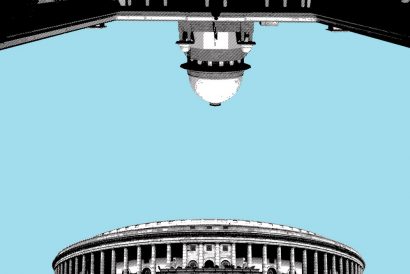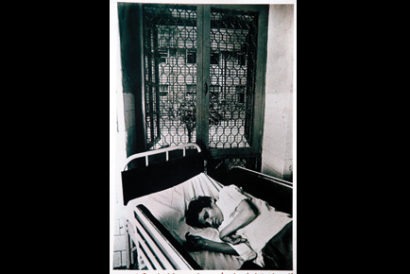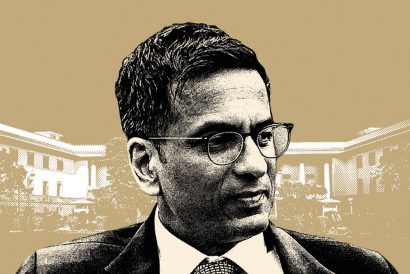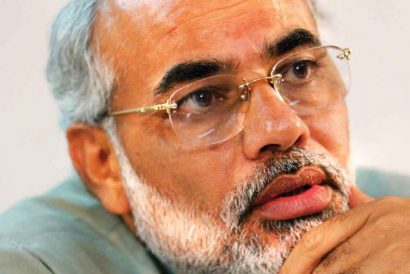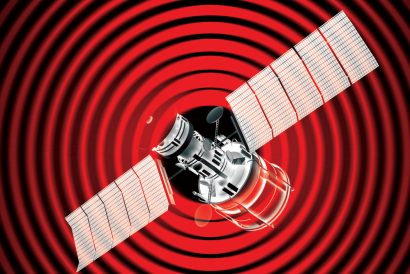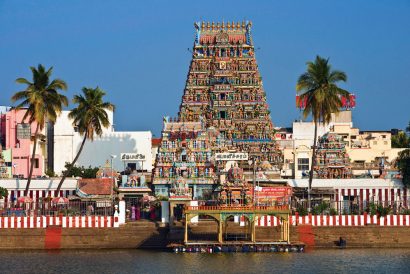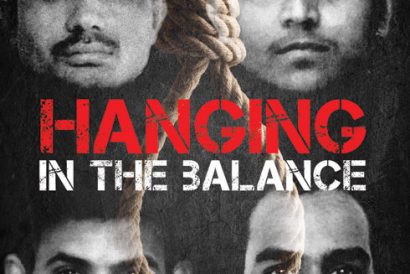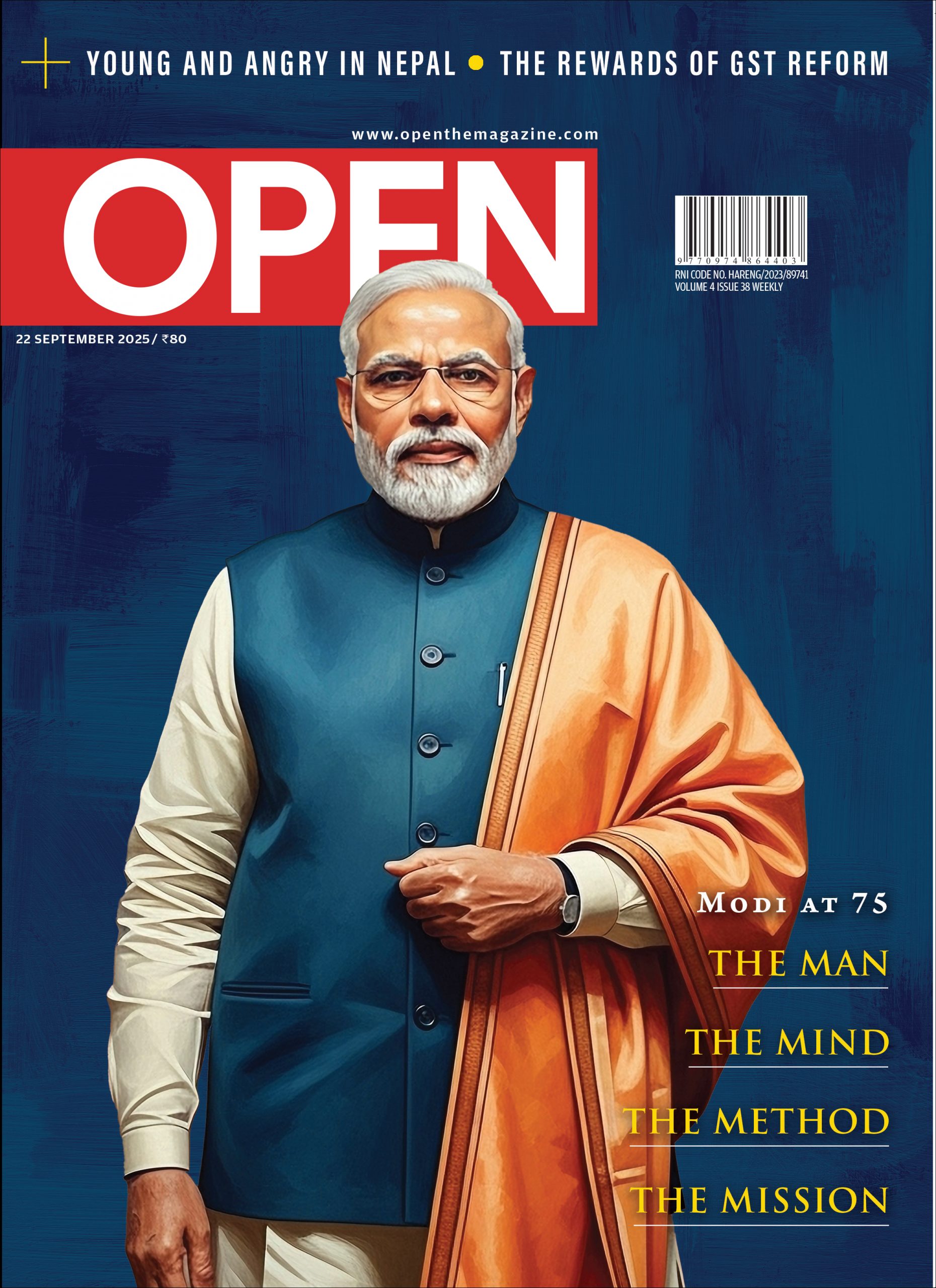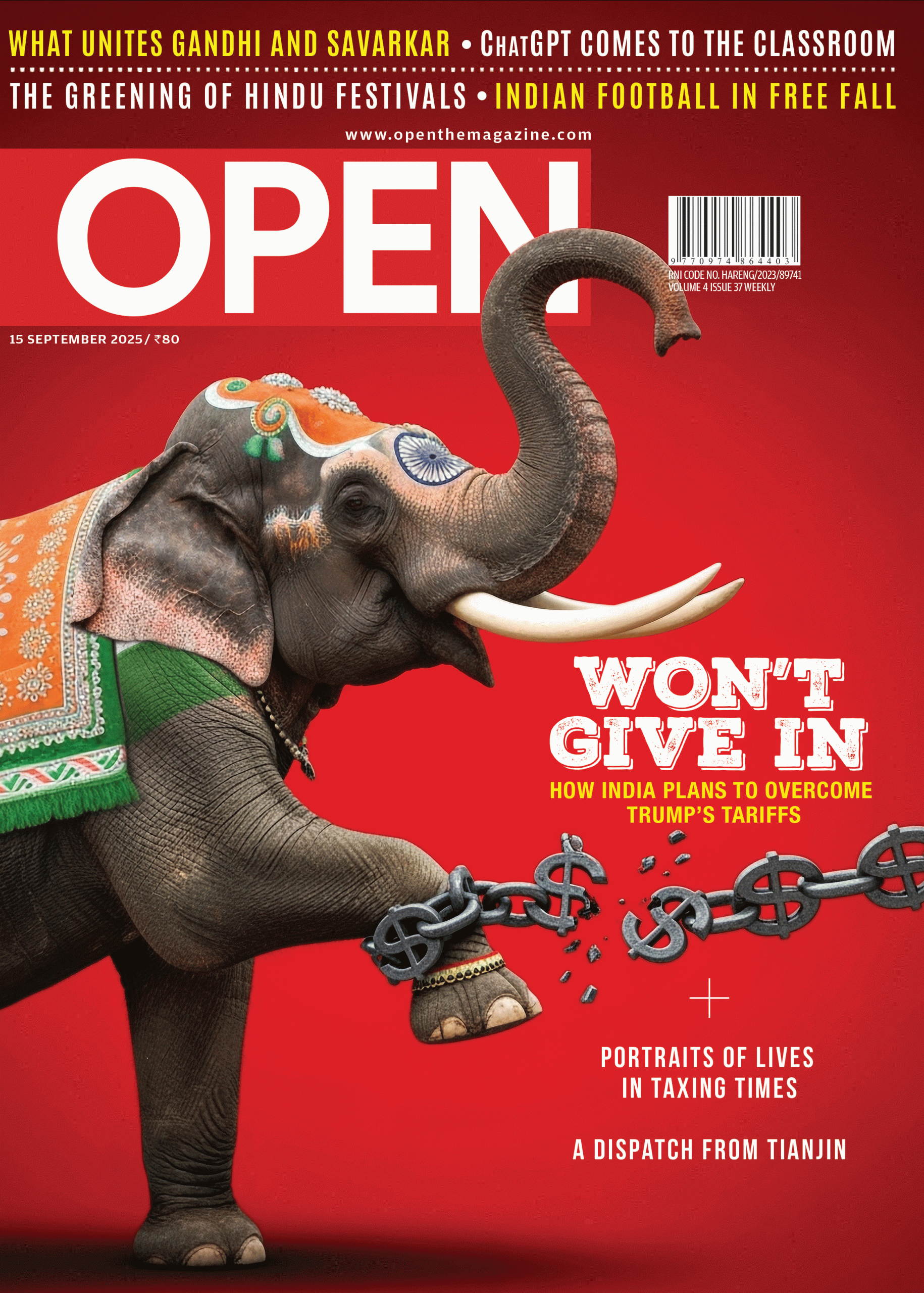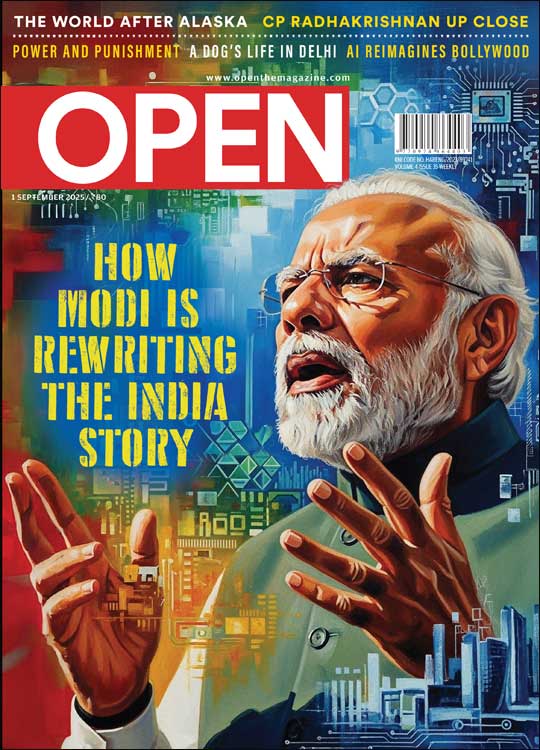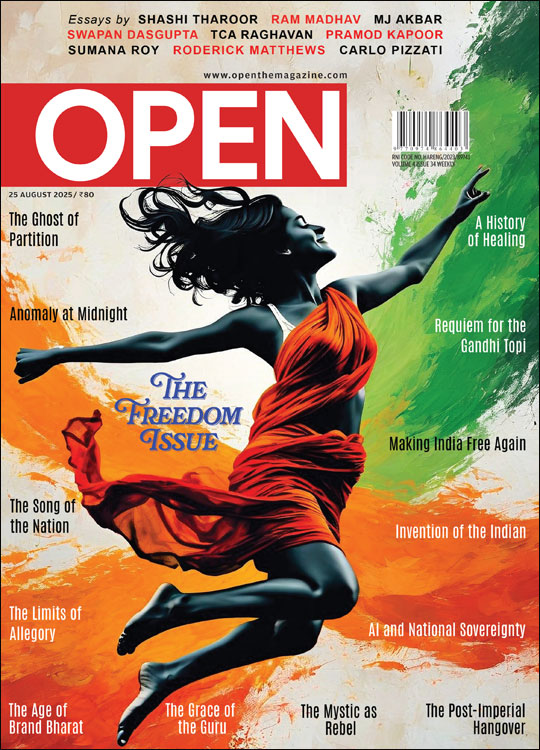Supreme Court of India
A Reasonable Restriction
Siddharth Singh
The Law Commission has affirmed that sedition is a necessary law that must be saved but with additional safeguards
Moving the Needle on Gay Rights
Apart from the letter of the law, the courts must judiciously balance competing claims in society
Justice Chandrachud’s Challenge
Striking a balance between competing interests and interpreting the law on the basis of the Constitution will serve the best interests of the court and the nation. Justice Chandrachud is well-versed in the Constitution. Upholding its provisions and true spirit in the face of exaggerated expectations will define his tenure
Modi Vindicated
After two decades, the Supreme Court finds no evidence of wrongdoing against the Prime Minister
The Devas Matrix
The Supreme Court order upholding the winding up of the company for fraud will help India contest arbitration awards totalling 15,000 crore even as the new developments turn the spotlight on a UPA-era deal and a plot to cheaply sell expensive space band spectrum
Nirbhaya Convicts: Hanging in the Balance
Nirbhaya convicts and the emotional cost of counting the days between death and legal hope

/wp-content/uploads/2025/09/Cover-Modi-scaled.jpg)


